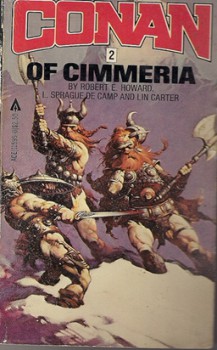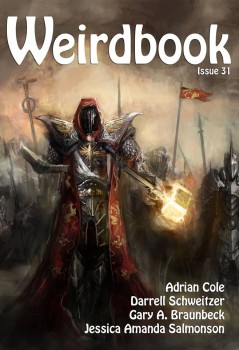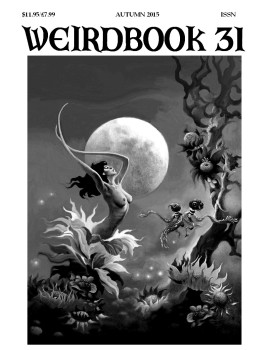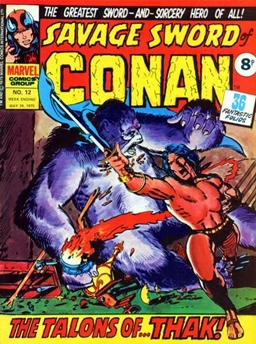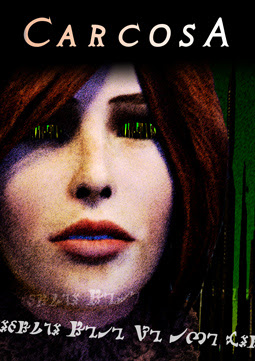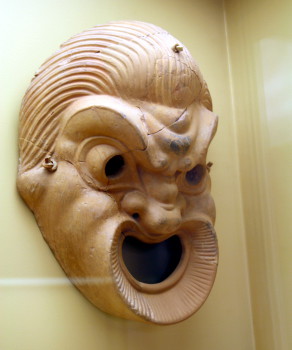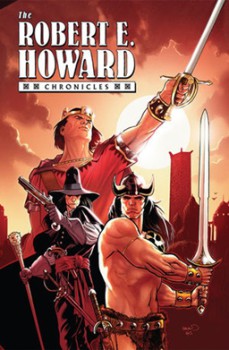Enter the Grimdark Magazine Battle-off Competition
Grimdark Magazine is getting some great notices among fans of heroic fantasy — including from our own Fletcher Vredenburgh, who said in his review of the first three issues, “From a swords & sorcery perspective, the biggest — and potentially most interesting — new publication out there is Grimdark Magazine.” Grimdark editor-in-chief Adrian Collins contacted us this morning to let us know of a new contest sponsored by the magazine, open to heroic fantasy writers of all kinds. Here’s the deets:
We’re running a competition over at Grimdark Magazine that may interest some of Black Gate‘s followers — both readers and writers. It’s a battle-off, where self and small published authors enter a 1K word excerpt featuring a battle scene, the readers then vote on a top 7 and a panel of judges then decide on the top 3 to win awards.
It will run for a couple of months between mid August and the end of October… There are some pretty awesome prizes up for grabs, including a Kindle HD, signed hardcovers, plenty of paperbacks and ebooks, editing services and cover art services.
This is one of the most unusual writing contests I’ve heard of, and I highly approve. So sharpen your pens, all you aspiring adventure fantasy writers. This is your chance to show that you have the chops to deserve wider attention — and maybe win something that could help your new novel really stand out. Get the complete details here.

